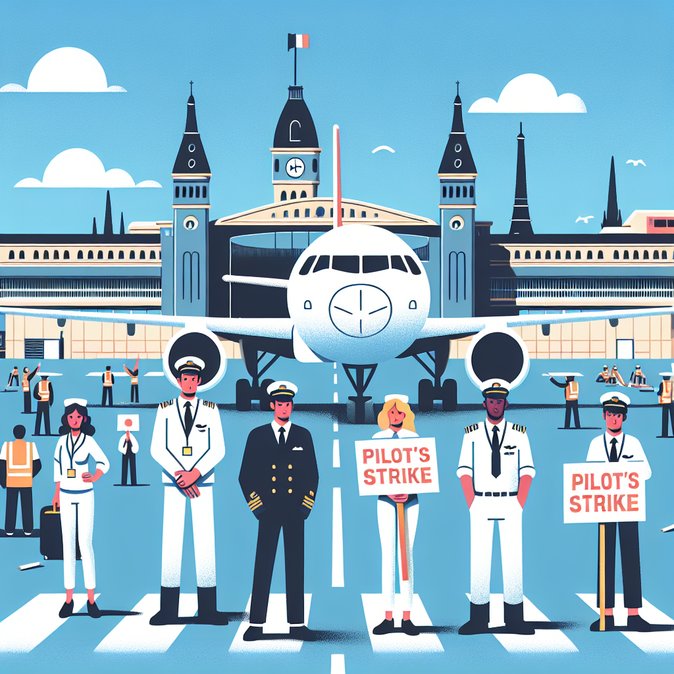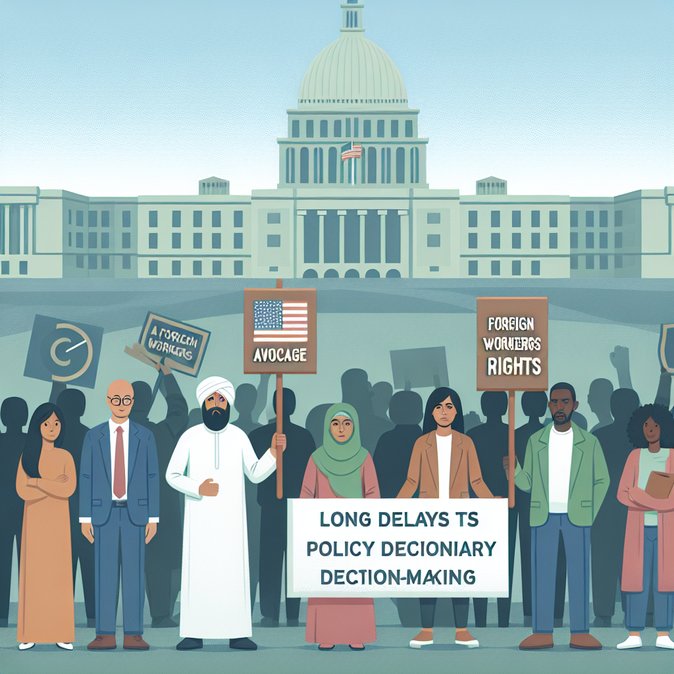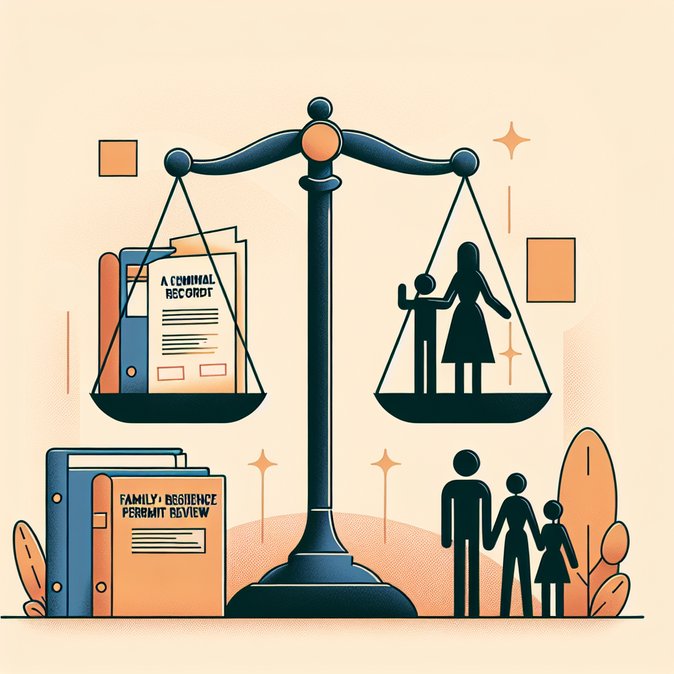
Commercial pilots employed by French carriers walked off the job on Friday, 14 November, in protest at a government plan to raise the ‘taxe de solidarité sur les billets d’avion’ from €2.60 to €9.50 on short-haul economy tickets—an increase the National Union of Airline Pilots (SNPL) says will threaten jobs and route viability. A few hundred uniformed pilots gathered on Paris’s Esplanade des Invalides, brandishing red “Pilote en grève” stickers, while colleagues who remained on duty flew with black armbands.
Although the action caused only minor disruptions—four early-morning Transavia flights were cancelled—the union warned that deeper stoppages could follow if the tax proposal is not withdrawn. The SNPL argues the levy will shave €100 million off Air France’s bottom line next year, eroding already thin margins as the flag-carrier repays state-backed pandemic loans. Low-cost rivals Ryanair and easyJet have also condemned the measure and threaten to reduce capacity from French airports.
![French airline pilots stage 14 November strike against proposed tripling of solidarity ticket tax]()
The government insists the tax hike, part of the 2025 Finance Bill, is needed to plug a €60 billion budget gap and to fund international development projects. Green groups support the plan, saying it will nudge travellers toward rail, but business-travel lobbies counter that higher fares will undercut France’s attractiveness as a hub for multinational meetings and incentives.
For corporate mobility managers the immediate impact is uncertainty around flight schedules and potential fare increases once carriers pass on the new charge. Companies should monitor union announcements, build flexibility into itineraries and consider shifting intra-European trips to rail where time-efficient. If the tax is adopted, mobility budgets for 2026 may need upward adjustment.
Long term, the episode underscores how environmental taxation is becoming a flashpoint in aviation-sector industrial relations—an issue global-mobility teams will need to track closely across jurisdictions.
Although the action caused only minor disruptions—four early-morning Transavia flights were cancelled—the union warned that deeper stoppages could follow if the tax proposal is not withdrawn. The SNPL argues the levy will shave €100 million off Air France’s bottom line next year, eroding already thin margins as the flag-carrier repays state-backed pandemic loans. Low-cost rivals Ryanair and easyJet have also condemned the measure and threaten to reduce capacity from French airports.

The government insists the tax hike, part of the 2025 Finance Bill, is needed to plug a €60 billion budget gap and to fund international development projects. Green groups support the plan, saying it will nudge travellers toward rail, but business-travel lobbies counter that higher fares will undercut France’s attractiveness as a hub for multinational meetings and incentives.
For corporate mobility managers the immediate impact is uncertainty around flight schedules and potential fare increases once carriers pass on the new charge. Companies should monitor union announcements, build flexibility into itineraries and consider shifting intra-European trips to rail where time-efficient. If the tax is adopted, mobility budgets for 2026 may need upward adjustment.
Long term, the episode underscores how environmental taxation is becoming a flashpoint in aviation-sector industrial relations—an issue global-mobility teams will need to track closely across jurisdictions.


